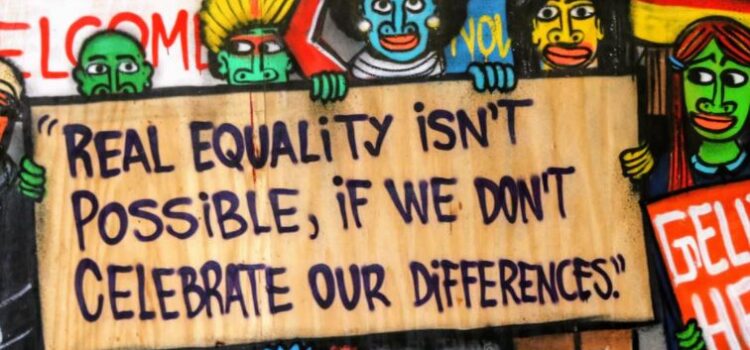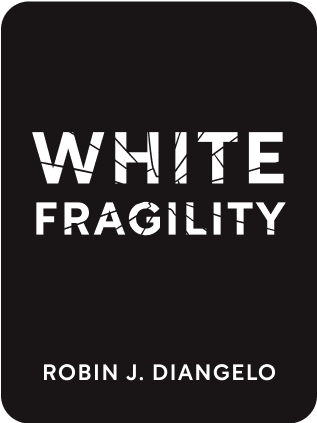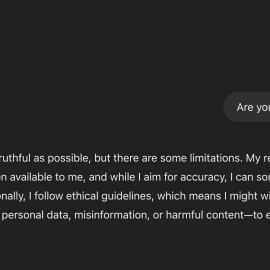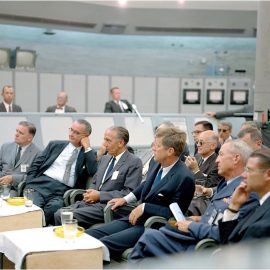

This article is an excerpt from the Shortform summary of "White Fragility" by Robin J. DiAngelo. Shortform has the world's best summaries of books you should be reading.
Like this article? Sign up for a free trial here .
What is white solidarity? How does it relate to white fragility and support white supremacy?
White solidarity is the manner in which white people implicitly support white privilege. This helps to uphold white supremacist beliefs.
Keep reading for more about white solidarity and its relationship to white supremacy.
What Is White Solidarity?
Even as white people continue in the belief that “race” is an attribute only held by people of color and not white people, they still subtly reinforce white racial identity—and thus, white supremacy—to one another.
In 2007, sociologists Leslie Picca and Joe Feagin studied the ways in which white people expressed ideas and attitudes about race to one another. They found that innate beliefs in white supremacy were strong, even among supposedly liberal and progressive white millennials. They found that white millennials in college settings frequently told racist jokes, all while persisting in the belief that they were open-minded and tolerant on the subject of race.
The white group dynamics during the telling of such jokes tended to be similar—protagonists telling the joke; bystanders or spectators approving it through their silence or non-objection; and, occasionally, a dissenter who objected to the joke.
But Picca and Feagin argued that even the dissenter played an important role in this performative exercise among white peers. When the dissenter voiced their opposition, their peers tended to shut them down, saying that it was just a joke and that the dissenter was being too uptight or humorless. All of this amounted to a performative ritual of white solidarity that strongly reinforced white supremacist beliefs and actions.
Romanticizing the Past
Another way in which white people use coded language and double talk to reinforce white supremacy is through nostalgia and longing for the past. White people will often invoke some ill-defined bygone era as one in which life was simpler or better.
Implicit in this kind of reminiscence is that things were better for white people. To pine for a past historical era in an American context is to romanticize the days when people of color faced even greater risks than they do today, including slavery, lynching, internment, and disenfranchisement.
It is not surprising that white people have the privilege of longing for the past. For most of American history, white people’s position atop the nation’s political, social, and economic hierarchy was entirely unchallenged. Viewed in this context, Donald Trump’s 2016 campaign slogan of “Make America Great Again” explicitly plays to this sense of white identity and nostalgia for a bygone age—and, more ominously, white people’s bitterness and rage at the idea that today they must share some measure of power and influence with non-whites.

———End of Preview———
Like what you just read? Read the rest of the world's best summary of Robin J. DiAngelo's "White Fragility" at Shortform .
Here's what you'll find in our full White Fragility summary :
- Why white people become defensive when confronted with the idea of racism
- How today's racial hiearchy began in roots centuries ago
- How we as society can gradually overcome our deep racial divides






